...But is Cardi B Wrong, Though?
Three Copyright Lessons from Cardi B’s Legal Battle | I Am What an Intellectual Property Attorney Looks Like.
Hey Fam,
It’s a tale as old as time…
In 2021, two artists release a track called Greasy Frybread. Like many artists of today, they put the track on Youtube, and the streams come rolling in.
And I’m not even gonna lie, the song is a bop. A deep but punchy intro with a beautiful drawl that makes you wanna move…but slow, and with swag.
They market it, share the stream everywhere, and brand it as part of an FX/Hulu show.
Everything is turning out great for these artists.
But then, havoc enters the chatroom.
In 2024, Cardi B drops the song Enough (Miami).
That, too, is a bop (trying to be neutral here, guys….).
The melodies?
Practically twins.
The bassline?
You could swap one for the other.
So what do the other artists do?
They sue…because, ‘MERICA!
The plaintiffs march into court, alleging Cardi and her team lifted their work.
On the surface, it looks like a heavyweight copyright fight in the making.
But then?
The knockout punch lands—against the plaintiffs themselves.
Because here’s the thing: Greasy Frybread was never registered with the U.S. Copyright Office.
And without registration, you cannot bring a federal copyright case.
Period.
That’s the law.
Not vibes.
Not headlines.
Not “but everybody can hear the similarity.”
And Cardi’s legal team knew it.
So, in typical litigation fashion, they asked the court to toss the case—no rewrites, no amendments, no second shot.
Now, as of the writing of this letter, the case is still ongoing.
But as an artist or creative, such a fatal counterclaim is not what you want to deal with when filing for copyright infringement.
So in this Founder’s Letter, we’re not just gonna talk about Cardi B.
We’re going to talk about you.
You dynamic impact maker, you…
Because the truth is, copyright law doesn’t care how original you are, how viral your work becomes, or how loudly people cheer for it.
What matters is whether you filed the paperwork that turns applause into enforceable rights.
So we’re going to debunk three copyright myths we hear far too often and want to make sure you’re equipped to protect your creativity.
Ready?
Let’s dive right in.
Loving This Post?
Show us some love by adding a “❤️” or commenting below; this will make our hearts sing.
But First, Church Announcements:
Mark your calendars fam—our first Substack Live Workshop is coming up!
Don’t Be Kendrick, Be Beyoncé: Securing Ownership Before the Spotlight
📅 Date: Thursday, September 11, 2025
🕗 Time: 8:00 AM PST
📍 Location: Substack Live
Drawing upon lessons from Beyoncé’s decades’ long intellectual property portfolio building strategy, we’re going to talk about how you too can protect your brilliance as you build your impact.
This workshop is for founders and creators who are building something powerful—and want to protect it as the world catches on.
In this workshop, you’ll learn how to:
Identify IP-worthy assets in your business before they go viral (brand names, course titles, catchphrases, merch lines).
Understand the USPTO timing and “first-file” rules that make or break your rights.
See how IP adds real-world value—whether you’re raising funds, negotiating partnerships, or licensing your work.
Build an early-stage IP roadmap (audits, registrations, aligning protection with milestones).
Use IP as leverage—not just defense—to control your narrative and secure your legacy.
If you’ve ever wondered how Beyoncé turned her trademarks into power moves, this is the room you want to be in.
Because protecting your brilliance isn’t optional—it’s essential.
Now, back to our regularly scheduled program…. :)
Here’s the good news: the moment you create something and fix it in a tangible form (record, sketch, code, manuscript), copyright attaches.
Here’s the reality check: But if you don’t register it, you can’t enforce it in federal court.
Think of registration like the keys to your house.
Without it, you might own the house, but you can’t lock the door, set boundaries, or kick out intruders.
Without the “keys,” if someone breaks in and steals your couch, the cops will ask:
“Do you have proof this was yours?”
And if you haven’t registered?
That proof might not hold in court.
Here’s the legal kicker:
You must have a copyright registration to file a lawsuit for infringement in federal court.
Without it, you’re standing outside your own house with no way to stop someone from living in your living room.
That’s exactly what tripped up the plaintiffs in the Greasy Frybread case.
They may have created something beautiful.
But when it came time to enforce it?
That’s the wall the Greasy Frybread plaintiffs hit.
They might have had ownership.
But without registration?
No keys.
No case.
No copyright.
Ideas are free. Everyone has them. Everyone shares them.
But copyright doesn’t cover “the idea of a love song” or “a beat that makes people dance.”
It protects how you bring those ideas to life—the melody, the lyrics, the artwork, the structure, the execution.
Let me break it down like this:
Have you ever seen a zombie apocalypse movie?
You’re probably asking, “Which one?”
Exactly.
Because they all follow the same general arc:
Some unknown virus breaks out. Society collapses. A small group of survivors tries to escape or rebuild while fighting off hordes of zombies (and usually their own humanity).
In copyright law, this is called scènes à faire—a French term that literally means “scenes that must be done.”
It refers to standard tropes or setups that are too common to be protected.
You can’t copyright the idea of a zombie apocalypse.
You can copyright your specific take on it:
The way your hero navigates survival
The unique twist you introduce
The dialogue, visuals, world-building
That’s why Cardi’s case isn’t about “who thought it first,”
It’s about “who expressed it, fixed it in a medium, and registered it.”
Inspiration is common ground.
Expression is ownership.
Even if you wake up tomorrow and realize someone copied your work, you can still register it.
But here’s the deal: timing matters.
One question I’ve gotten a lot in response to this Cardi B x Greasy Frybread situation is:
“Okay, let’s say Cardi successfully dismisses the lawsuit—what happens next?”
Well, in theory, the plaintiffs can still file and register their copyright.
And then they can refile the lawsuit against Cardi B.
Seems pretty straightforward, right?
Wrong.
You' have an even tougher uphill battle.
Let’s talk strategy:
If you register your work:
Within 3 months of making it public (i.e. “publication), or before infringement actually occurs (and who knows when that would happen…)
You unlock statutory damages between $750–$30,000 per work
If someone acted maliciously (aka willful infringement), you could recover up to $150,000
You’re eligible for attorney’s fees
And here’s the kicker: you don’t have to prove how much your work is worth
It’s like walking into court with a mic drop. The law is already on your side.
But if you register after that 3-month window or after the infringement happens?
You can still sue.
You might still win.
But you’re now stuck proving actual damages.
And here’s why that’s rough:
If your work hasn’t been licensed, sold, or otherwise valued in the marketplace, it’s nearly impossible to show how much it’s actually worth.
No dollar value?
No strong damages case.
Oh—and you won’t be eligible for attorney’s fees either.
So good luck finding a lawyer who wants to take that case on contingency.
Translation?
Register early.
Because when your work blows up (or if Cardi B samples it), it’s too late to wish you had.
Cardi B’s courtroom moment is more than tabloid fodder—it’s a masterclass in how copyright law actually works.
Your creativity has value. But value without protection is vulnerability.
Whether you’re a musician, writer, designer, or founder, remember: applause fades. Protection lasts.
Because the truth is simple—vibes don’t win in court.
Paperwork does.
Drop your thoughts in the comments—I want to hear your take.
Need Help Protecting Your Creativity?
If you are unsure—or if you know you need to take action—reach out to us.
We have helped countless founders and creatives safeguard their intellectual property, and we would love to do the same for you.
If you need further guidance, reach out to me and my team at Firm for the Culture.
We’re here to help you navigate the copyright, trademark, and thought leadership journey.
Can’t wait to help you protect your dynamic impact.
And #ThatsAWrap
The Doors of the Church Firm Are Open
Thanks for reading
See you next time.


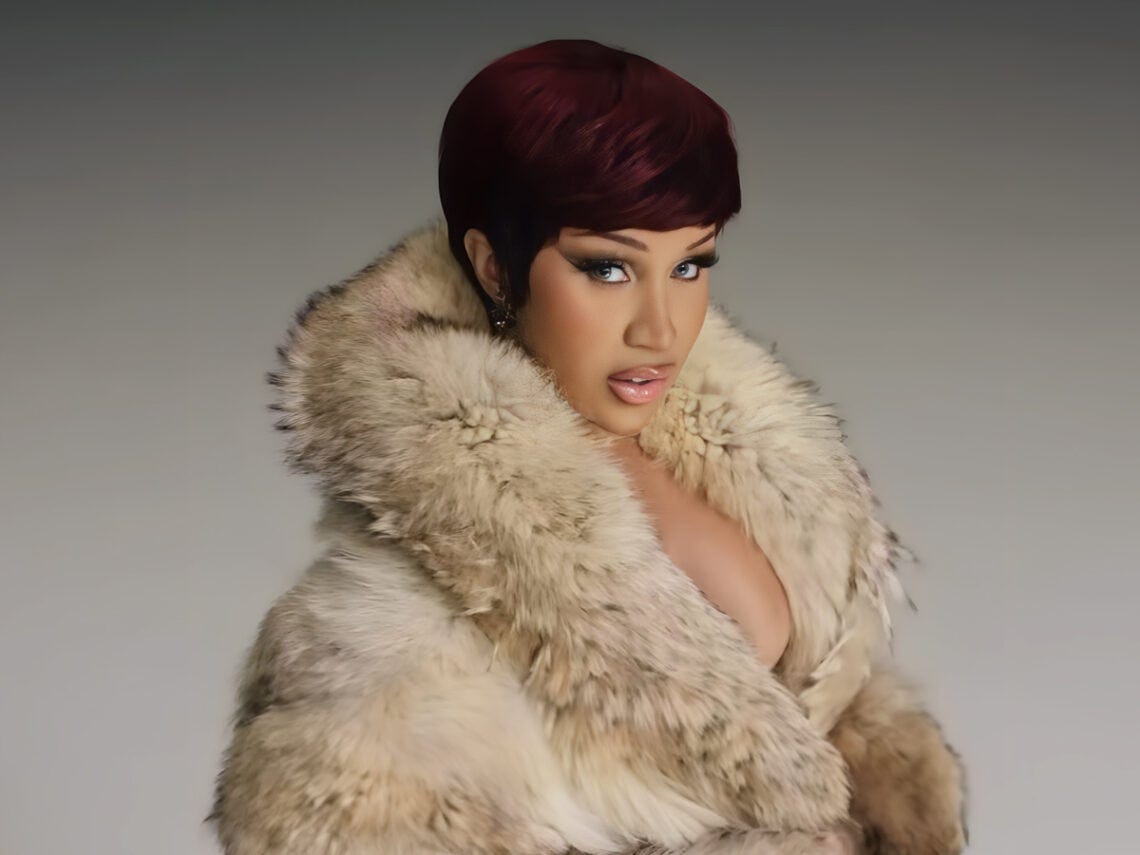
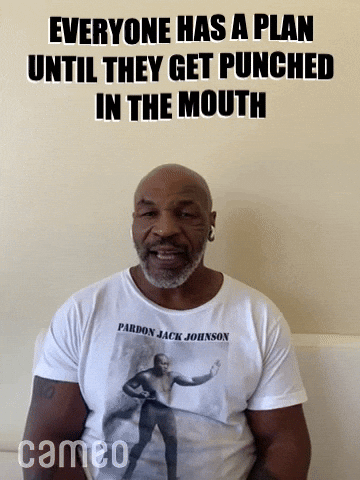
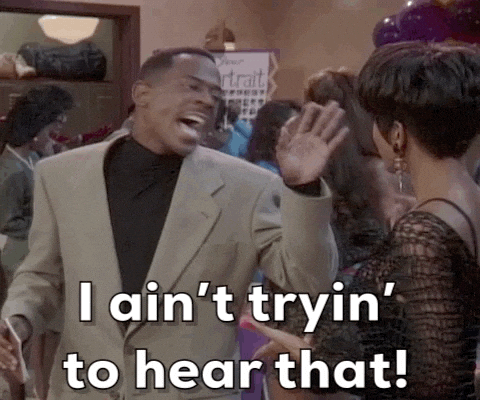
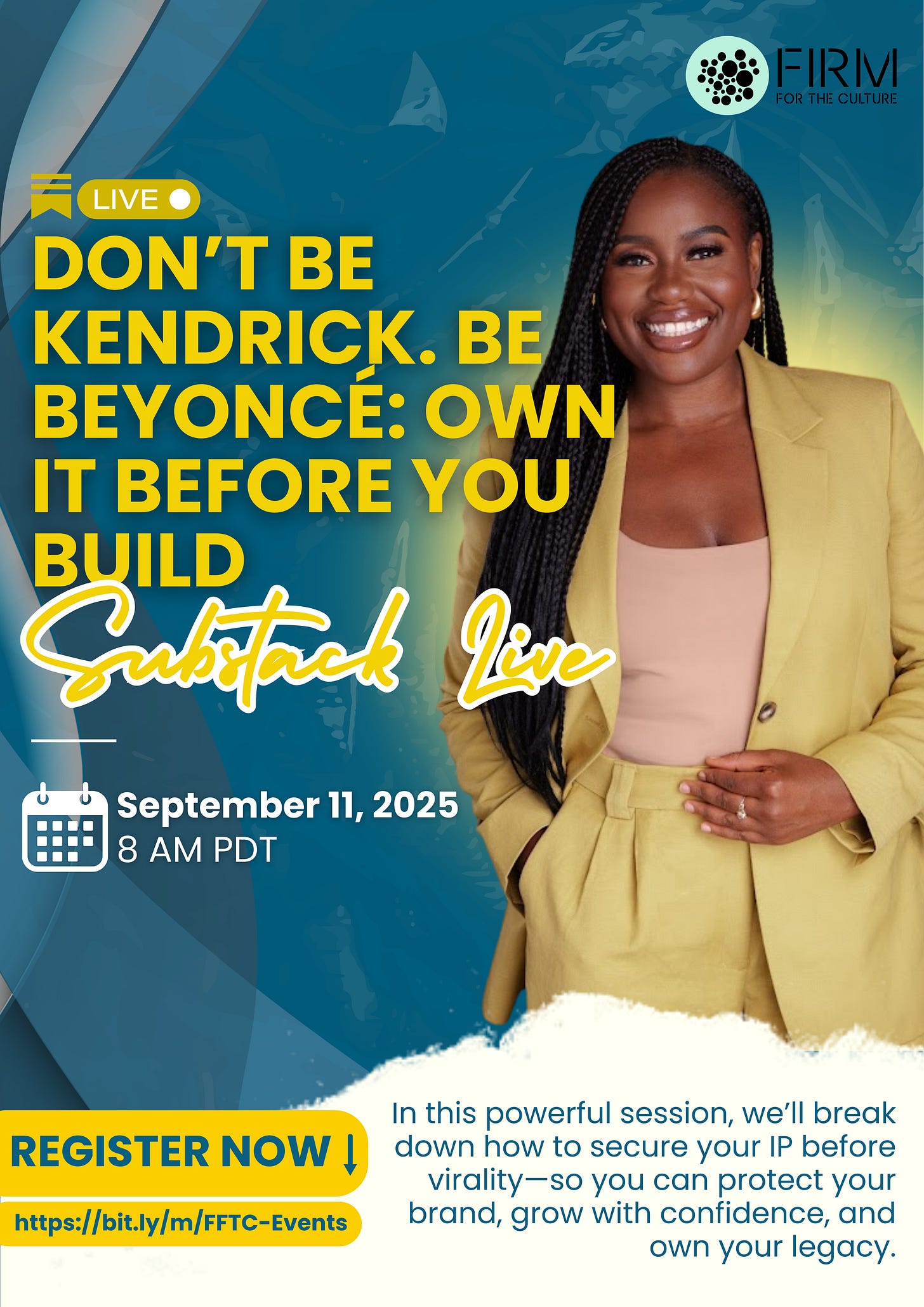

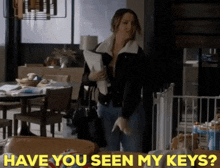
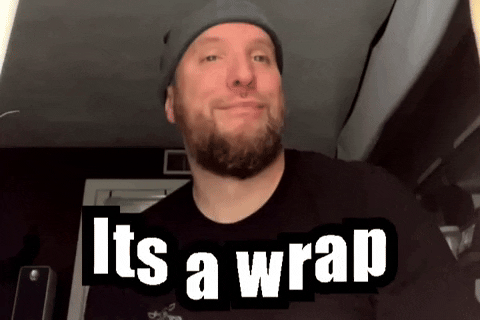

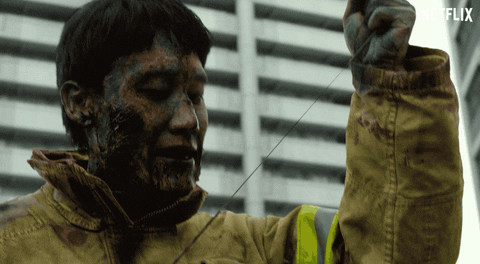

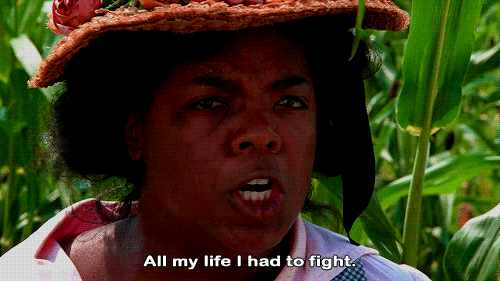
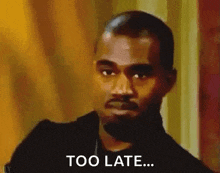

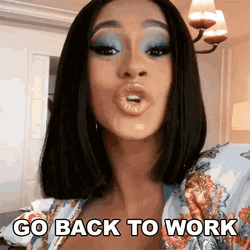

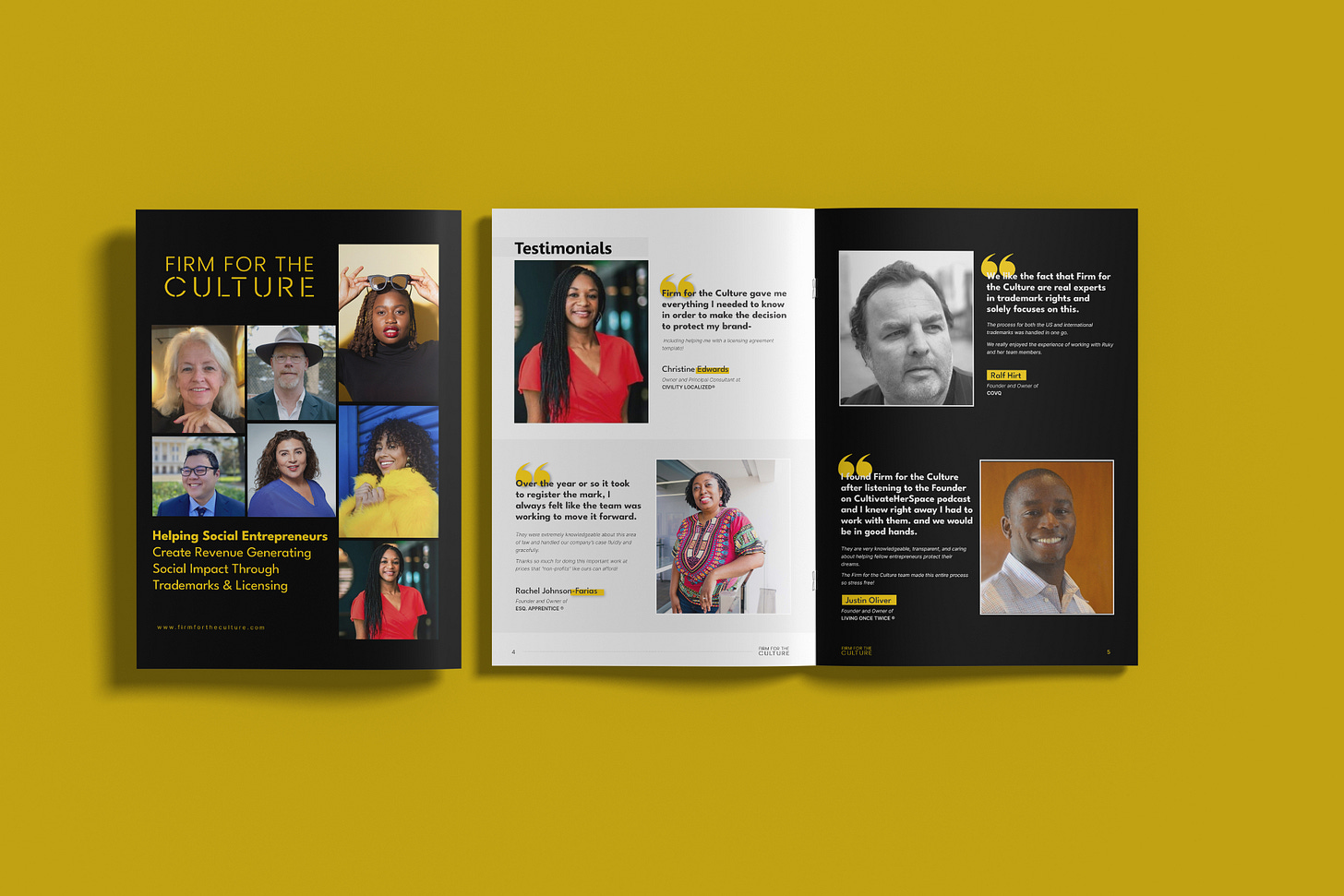
Wrong? No. But, legit? In my opinion, no.
I'm aware of this. Copyright.gov will be my best friend once I send my first manuscript to my editor, as I want to get ahead of this before any issues arise.